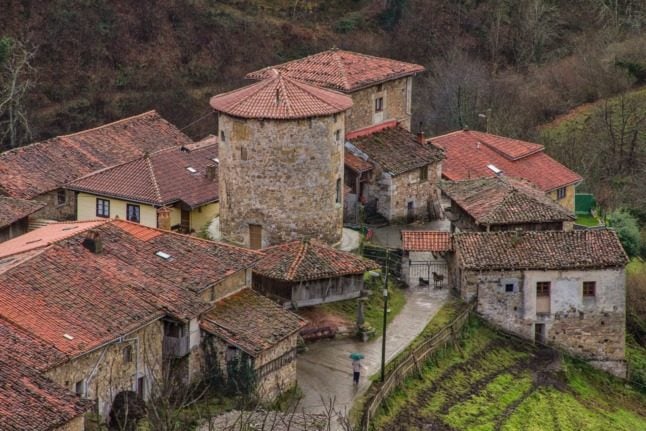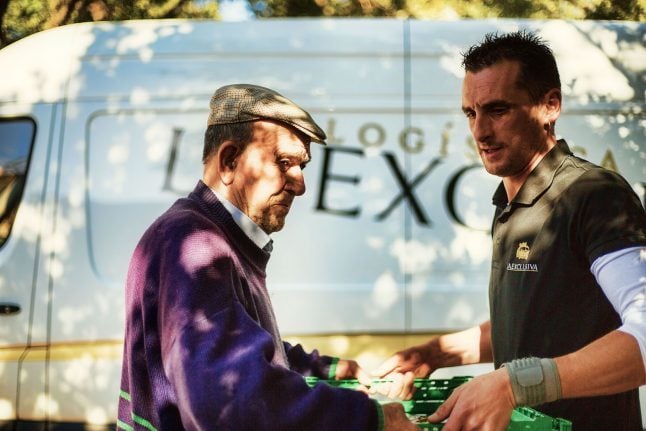Atheer al Suhairy is currently serving a 10 year prison sentence after being convicted for carrying 58 sexual assaults against young girls, including 11 counts of rape.
To lure his victims, al Suhairy established contact with girls over the internet using the pseudonym ‘Alexandra’, alleging the character was a woman in her 30s.
Posing as Alexandra, he engendered enough trust from the girls, many of whom were younger than 18-years-old, that the eventually sent him pictures, assuming it was for a modeling agency.
First convicted in July 2006, al Suhairy, often referred to in the Swedish press as the Alexandra Man (Alexandramannen), had his sentenced reduced from 11 years to ten in April 2007.
Less than a year later, he submitted an application to Mittuniversitetet in Sundsvall in northern Sweden to enroll in a distance learning course entitled, “Computer Engineering, Information Security and Risk Analysis” for the 2008 spring and autumn terms in 2008.
According to the course description, students learn about surveillance techniques, data corruption, and false users. The course also includes lessons on risk analysis techniques, cryptology, firewalls and other computer security measures for protecting against internet threats.
Al Suhairy didn’t end up taking the course, however, after he informed the university that he wouldn’t be able to participate in lectures due to restrictions at the Norrtälje prison in eastern Sweden where he is serving his sentence.



 Please whitelist us to continue reading.
Please whitelist us to continue reading.